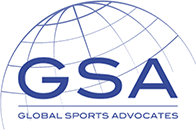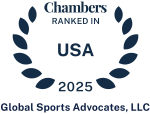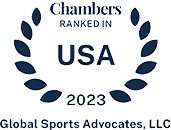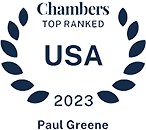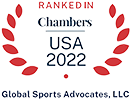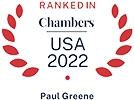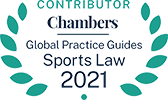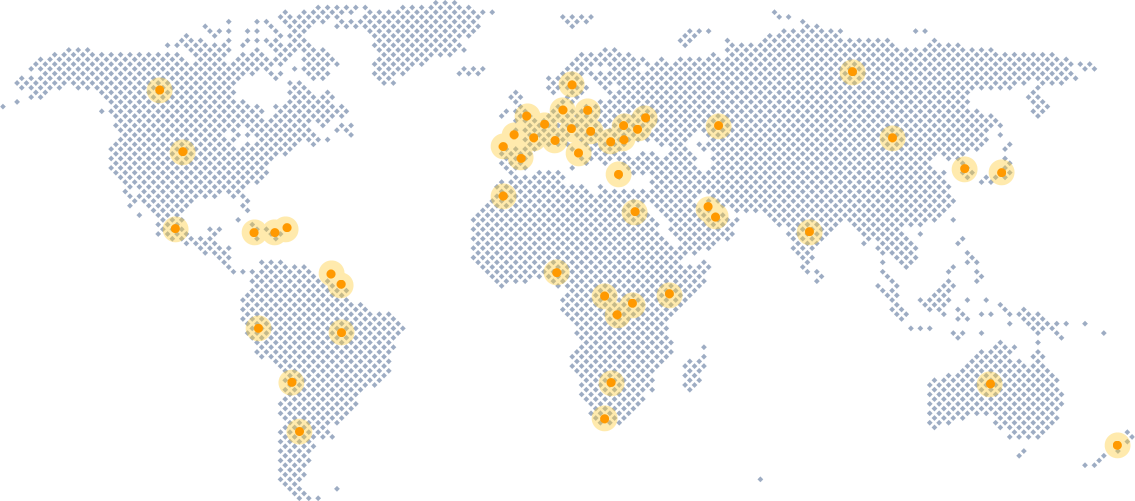 The NBA’s new seven-year Collective Bargaining Agreement (CBA) with the National Basketball Players Association (NBPA) took effect on July 1, 2023, and runs through the 2029-2030 season. The agreement includes two noteworthy changes in NBA cannabis rules: marijuana has been removed from the banned substances list, and players can now invest in companies that sell CBD or marijuana.
The NBA’s new seven-year Collective Bargaining Agreement (CBA) with the National Basketball Players Association (NBPA) took effect on July 1, 2023, and runs through the 2029-2030 season. The agreement includes two noteworthy changes in NBA cannabis rules: marijuana has been removed from the banned substances list, and players can now invest in companies that sell CBD or marijuana.
The NBA's former policy for handling athletes who tested positive for marijuana consisted of a tiered sanctioning approach: a first positive test landed the athlete into the league's treatment and counseling program, a second positive test led to a $25,000 fine, and if the athlete tested positive a third time, he’d then receive a five-game suspension without pay.
Given the legalization and prevalence of cannabis almost nationwide and the lack of actual performance-enhancing benefits it provides, cannabis has been removed from the Prohibited Substances List and, instead, treated equivalently to alcohol.
In the blog below, our International anti-doping attorney explains what you should know the new cannabis rules in the NBA.
Table of Contents
NBA's New Marijuana and Alcohol Policies
Under the terms of the new agreement, if there is reasonable cause to believe a player was under the influence of marijuana and/or alcohol while acting in an official capacity for the team or the NBA or that they have a substance abuse dependency issue, they may be referred to the Medical Director for a mandatory evaluation. If the evaluation finds that the player has a dependency, they may be required to enter a program that includes random testing for marijuana, alcohol, and/or prohibited substances other than steroids or performance-enhancing drugs, as well as perform additional non-testing elements as determined by the professional judgment of the Medical Director.
According to our anti-doping attorney, if a player fails to comply with the new NBA cannabis rules within five days of notification, they will be fined $10,000. If they fail to comply within eight days, they will be fined an additional $10,000. Each additional day of noncompliance will result in a $10,000 fine. However, the total amount of such fines will not exceed the player’s total compensation.
The recent NBA changes reflect the policies implemented by the other major professional sports organizations in the U.S. For example:
- Since 2016, the NHL has not categorized marijuana as a banned substance or posed consequences for positive tests. If a player's urine test reveals "abnormally high levels" of THC, they are given the option to participate in the league's Substance Abuse and Behavioral Health program. The NHL won’t be informed of their enrollment and can decline the offer if they wish.
- MLB removed marijuana from its list of prohibited substances in the 2019 offseason, permitting players to use it in their personal time. However, players can face penalties for using marijuana if they appear under its influence during games, practices, meetings, workouts, or any other work-related events.
- In the 2020-2021 season, the NFL modified its collective bargaining agreement to allow players to use marijuana during the offseason while still prohibiting its use during the regular season.
Can NBA Players Invest in CBD & Marijuana Businesses?
The new collective bargaining agreement also gives NBA players the right to invest in businesses that sell or produce CBD products, which are defined as cannabis containing up to 0.3 percent THC by dry weight—consistent with the federal definition of legal hemp. Players can invest in marijuana-related businesses as long as they own less than 50 percent of the business and their investment is passive.
If players wish to promote or endorse products related to CBD, they may do so without restriction as long as the business affiliated with the products isn’t a marijuana company (e.g., a CBD-infused coffee from a major coffee manufacturer). If CBD products are produced or sold by a marijuana company, they will need to obtain permission from the NBA and the Players Association.
WADA Marijuana Rules for NBA Players in International Competitions and the Olympics
Unlike the private leagues in the U.S., WADA still prohibits the in-competition use of marijuana and cannabinoids. As a result, any NBA player who decides to play in international competitions such as the Olympics or any FIBA World Championships needs to be cautious about their use of marijuana during these events.
Under the WADA program, an athlete will be deemed to have tested positive if the urinary concentration of THC exceeds 150 ng/mL. Should this happen, the athlete faces a sanction of up to two years, depending on his degree of fault and if he can prove it was used out of competition and unrelated to sports.
Are You an Athlete Who Has Been Accused of an Anti-Doping Rule Violation?
If you have been accused of violating new NBA cannabis rules, please contact our International anti-doping attorneys by clicking the button below or by calling us directly at +1-207-747-5899 to schedule a consultation with one of our international anti-doping lawyers.
You simply can't afford to take any chances when it comes to anti-doping rule violations. Not only are your career and reputation at stake—so are your lifelong dreams. Our firm is devoted to sports law and has represented athletes from over 60 countries spanning nearly every sports category. Let experienced anti-doping attorney Paul Greene help you protect your ability to compete in the sport you love.
